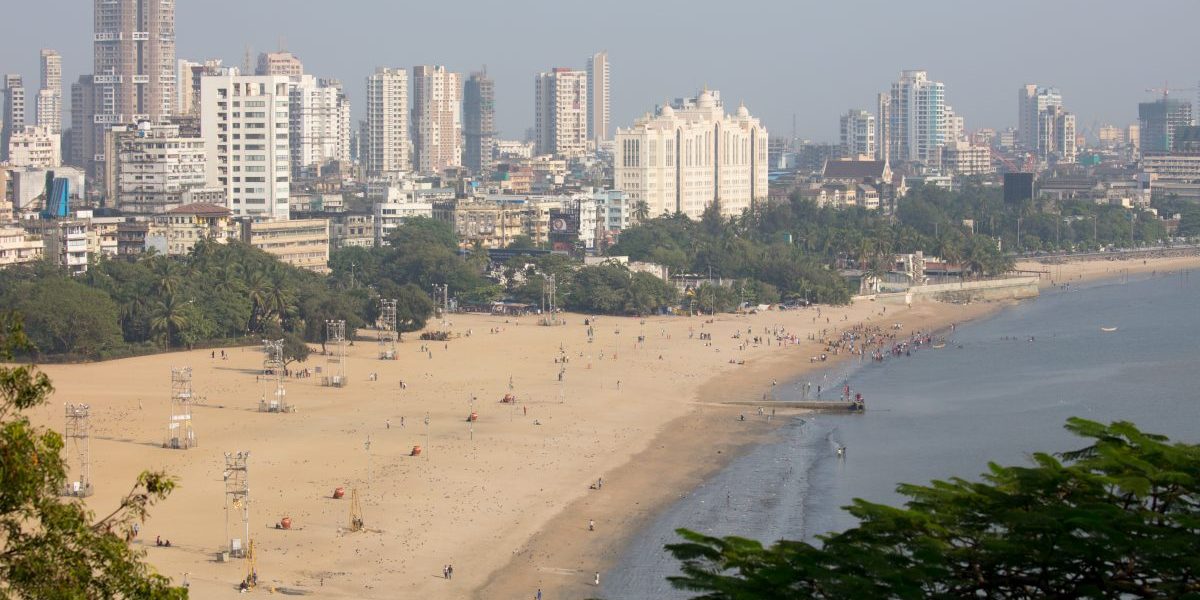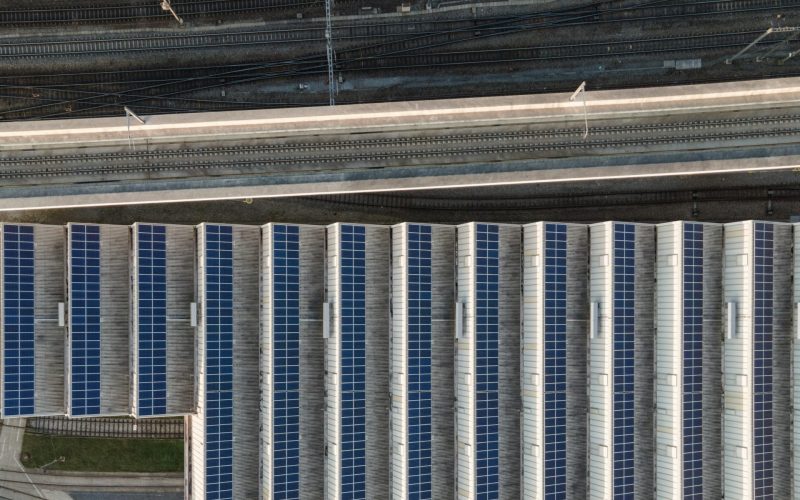Summary
- In the context of the increasing vulnerability of people living in coastal urban areas owing to environmental change, nature-based solutions (NbS) as an umbrella concept for transformative responses to ecological, disaster and climate risks have received significant policy attention. NbS are defined as ‘actions to protect, sustainably manage, and restore natural or modified ecosystems, that address societal challenges effectively and adaptively, simultaneously providing human well-being and biodiversity benefits’.
- Urban NbS may have to be reframed in the context of South Asia and Africa, as well as other regions of the Global South, as they grapple with socio-economic vulnerabilities, climate risks, and the need to respond to the challenges of biodiversity loss.
- Urban areas are first and foremost concentrated habitations of humans. Therefore, NbS in urban areas must necessarily engage with and involve people, and build upon their interactions with nature.
- Inclusivity and social justice are key considerations for successful coastal urban NbS in the Global South.








